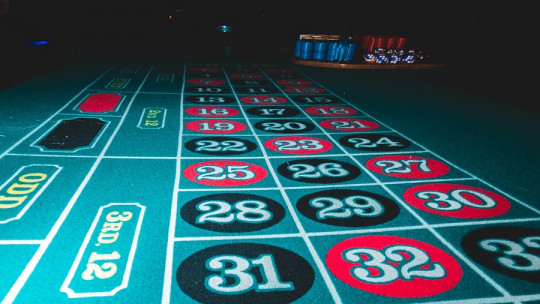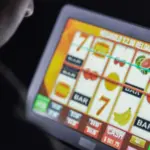The concept of “addiction” usually goes hand in hand with that of “drug”, but in practice, this does not happen. There are addictions in which the consumption of any addictive substance is not involved, and in fact, they are not statistically rare cases.
The large number of people who have become addicted to gambling and spend many hours a week betting their money and even going into debt to continue trying their luck is, for example, an example that this type of disorder does not depend on our brain comes into contact with certain molecules coming from outside.
In this article We will explore the topic of non-chemical addictions, seeing what happens in the human body and mind when they take control of the person.
What is a non-chemical addiction?
As we have mentioned, a non-chemical addiction is one that is not based on dependence on the consumption of a certain psychoactive substance with addictive potential. This means that although it can occur together with the consumption of drugs that can generate addiction, the addiction that is being suffered does not arise from drug dependence, but from a pattern of behaviors and interaction with the environment learned in a way. conscious or unconscious.
Let’s think, for example, of the person who goes to the casino every week to bet a good part of his saved money and who once there has a few drinks: addiction has to do with the habit of participating in games of chance and exposing oneself to an environment that facilitates that type of behavior, not the alcohol consumption itself. On the other hand, non-chemical addictions can generate the same degree of dependence that we find in drug addiction, although the triggering event is different and is a little less harmful to the body in the short term, because there is no molecule that interacts abnormally with the neurons of our nervous system. However, in the medium and long term, non-chemical addictions have a level of danger comparable to drug addiction.
Furthermore, since its appearance does not go hand in hand with the action of consuming products already considered dangerous or risky, For many people, non-chemical addictions may seem harmless. , since the idea that an addiction can develop without introducing a substance into the body is not intuitive. This makes it more difficult to become aware that you have a problem.
How are addictions triggered without substance?
These are the elements that participate in the emergence of a non-chemical addiction.
1. A system of immediate incentives
Non-chemical addictions always They are based on the promise of pleasant sensations that could occur in a matter of seconds or a few minutes. In this way, the person is kept “hooked” to the activity on which he or she depends more and more.
2. The experience of fear of loss is common
Combined with the promise of well-being, there is the fear of missing out on these kinds of experiences. This is often added to loss aversion: the person does not want to “waste” the efforts made up to that moment.
For example, in those who develop pathological gambling, what is known as the gambler’s fallacy is common; They have the impression that since they have been losing many games, the game in which they will win is about to fall, although the statistics reveal that this is a wrong conclusion: the probabilities of winning or losing are the same in each game, or at least not depend on previous results.
In the same way, those who develop addiction to certain video games are afraid that if they turn off the computer or game console they will be missing out on memorable plays that would have been possible thanks to having spent hours playing and accumulating requirements to get there.
3. Changes occur in the person’s nervous system
Although molecules from outside the body that have psychoactive potential activating the neurons in our brain do not come into play in this type of addiction, that does not mean that they are not capable of modifying the functioning of our nerve cells. In fact, the constant repetition of actions and exposure to experiences that shape addiction, It makes our brain transform little by little both physically and functionally.
That is, our neurons reconfigure and begin to interact with each other in a way that leads us to make it our main priority to fall into addictive behavior again and again. Our mind learns that the only thing that matters is “keeping the addiction alive,” and in fact, it behaves in a very similar way to brains affected by dependence on alcohol, cocaine, etc.
4. The person’s social habits are oriented towards addiction
As the addicted person’s brain transforms, so do their social habits. She spends more and more time with people who are also addicted to the same thing, and this means she is always exposed to the temptation of relapsing. At the same time, he leaves aside the rest of his ties with people who do not give him those experiences.
5. The phenomenon of habituation appears
As the non-chemical addiction becomes established, the person You increasingly need to get more involved in the activity to which you have become addicted in order to feel a minimum of satisfaction or pleasure. That is to say, the experiences that gave him a burst of intense well-being at the beginning (for example, winning 50 euros on a slot machine) barely make him feel good anymore, and he needs more.
6. Increased risk of developing other addictions
Suffering from one addiction increases your risk of developing others. This leads to a state of general disinhibition in which it is even more difficult to stay away from relapses.
Are you looking for professional psychological support?
If you are considering seeking professional help to overcome an addiction or any other type of mental health problem, contact our team. In Cribecca Psychology We have been offering treatment to people of all ages for many years, and currently we offer sessions both in person at our center in Seville and online by video call.
@professional(2053575, “These are our contact details:”)









